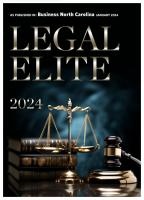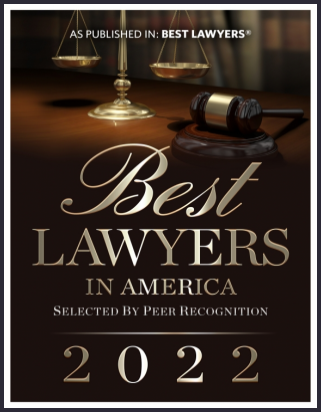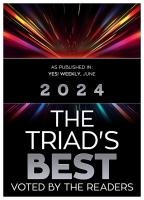Two convenient offices in Winston-Salem & Greensboro, NC!
Three convenient offices in Winston-Salem & Greensboro, NC!
Why Choose Us?
We’re a Top-Rated Firm with over a thousand positive Client Reviews on Google Alone!
I have tried for years to get my record expunged. I kept getting “the door shut in my face” treatment. This is until Anastasia and Patrick came into the picture. They were able to clear my juvenile record up faster than they even anticipated. I cannot thank them enough for this life-changing help!!
Superior representation for my legal matters. I am very pleased with the outcome related to my case. Tyler was professional honest and sincere from start to finish. I can’t say enough good things about Tyler and the firm. Highly recommended! Thank You!
Dummit Fradin consisted of an amazing group of lawyers & people who acted quickly & effortlessly in order to help out their client. It also helped that they were able to offer bilingual personnel which made the whole process so much easier! They definitely offered the help we needed in such an effortless way!
Confident, honest, Knowledgeable. Helped me put to rest a 35 yr issue that other law firms were unable or unwilling to accomplish. Highly recommend Dummit Fradin Attorneys at Law.
We’re an established award-winning Law Firm with eminent award-winning Attorneys.
We’re a Leader in the field of Law. We hire the brightest minds and train them to excel.
We have Bilingual Spanish speakers available in every location!
We pride ourselves on our dedicated service and communication throughout your case.
The Best Reason to Choose
Dummit Fradin
We have Teams of Legal Professionals
trained in different Practice areas to lean on.
You should too!
Our Practice Areas
We’re the smart choice.
Select a Practice Area to learn more:












Our Experienced Attorneys
Visit their attorney profile for more information about their background, case results, and awards:














